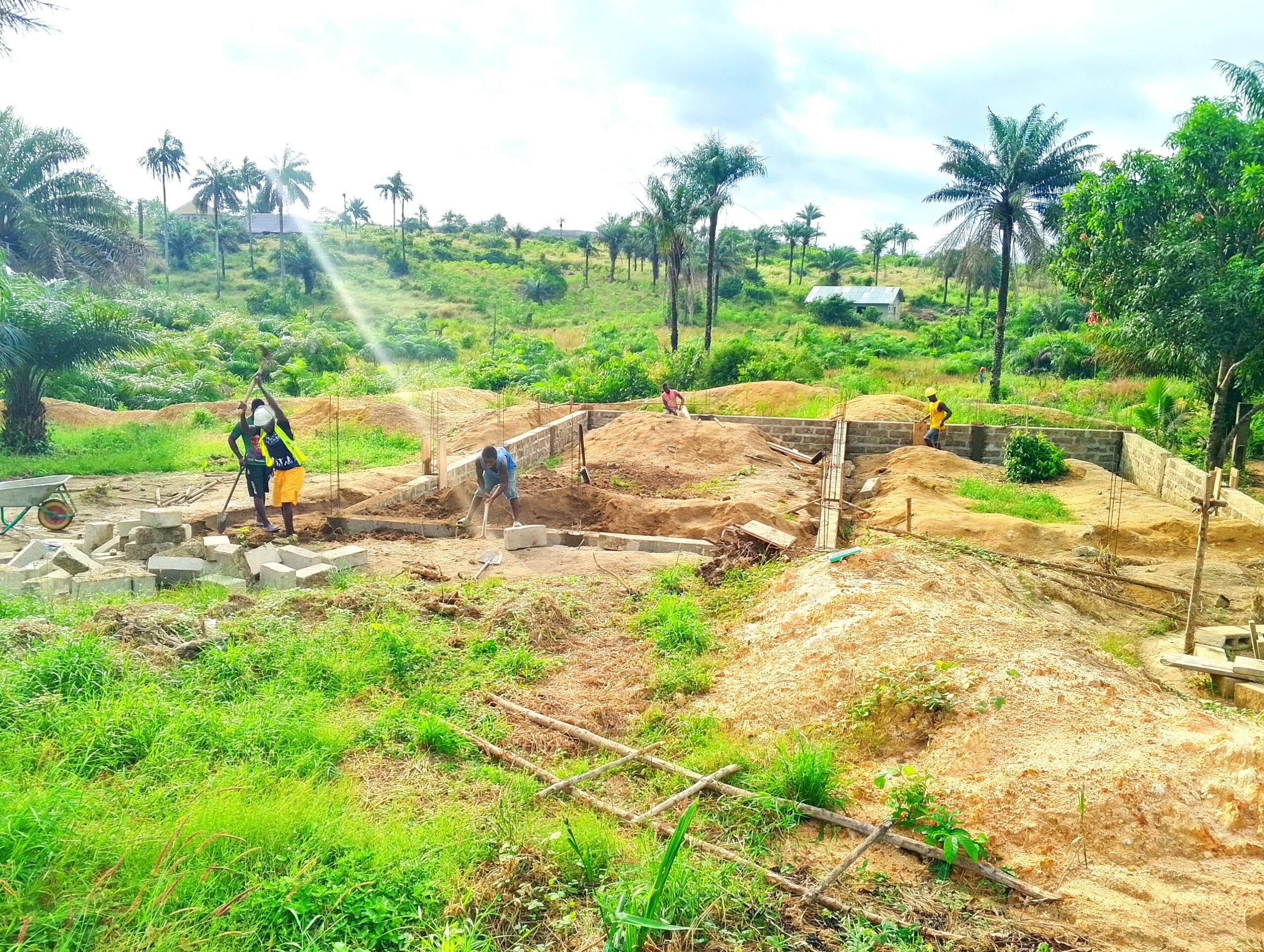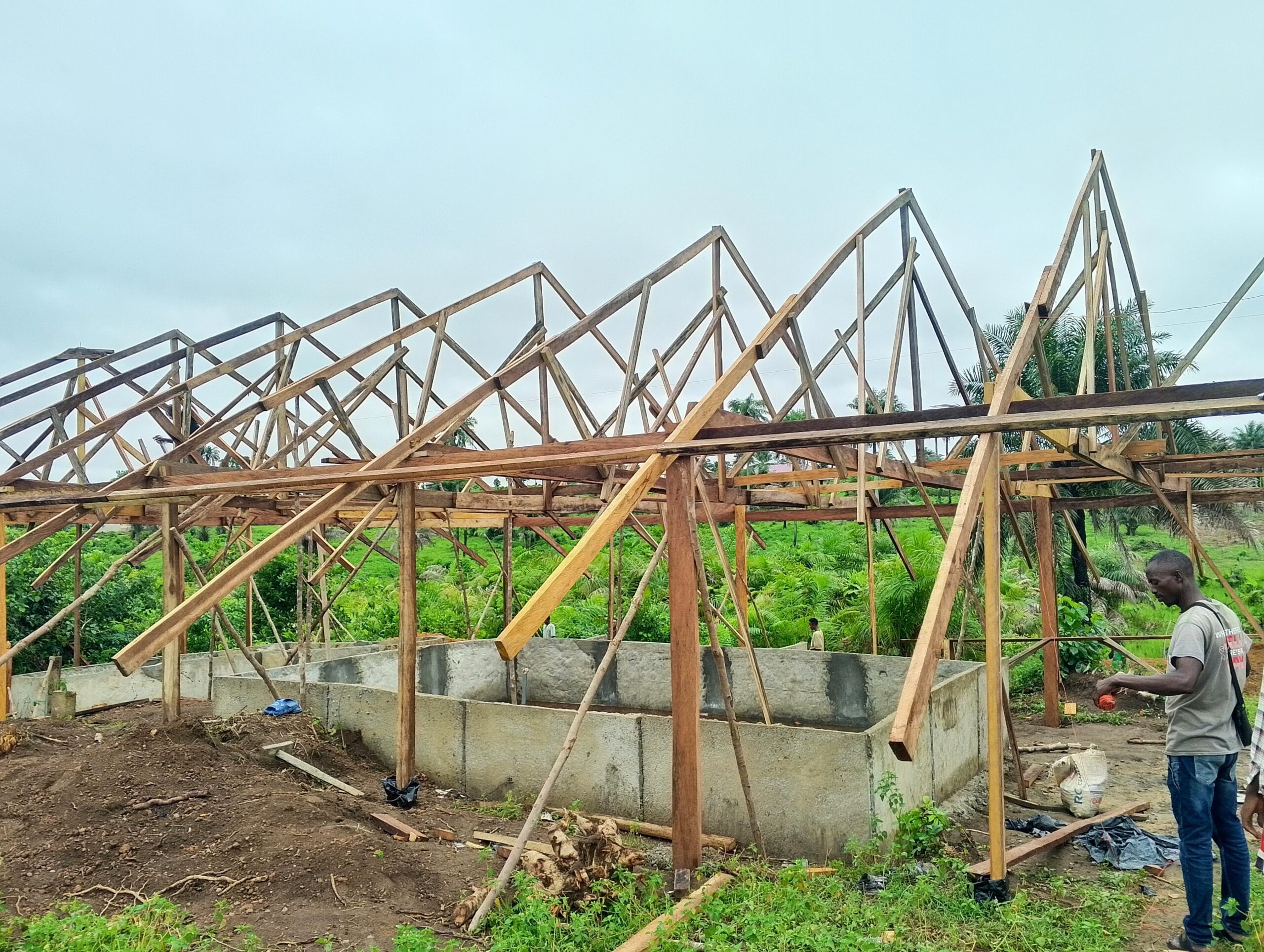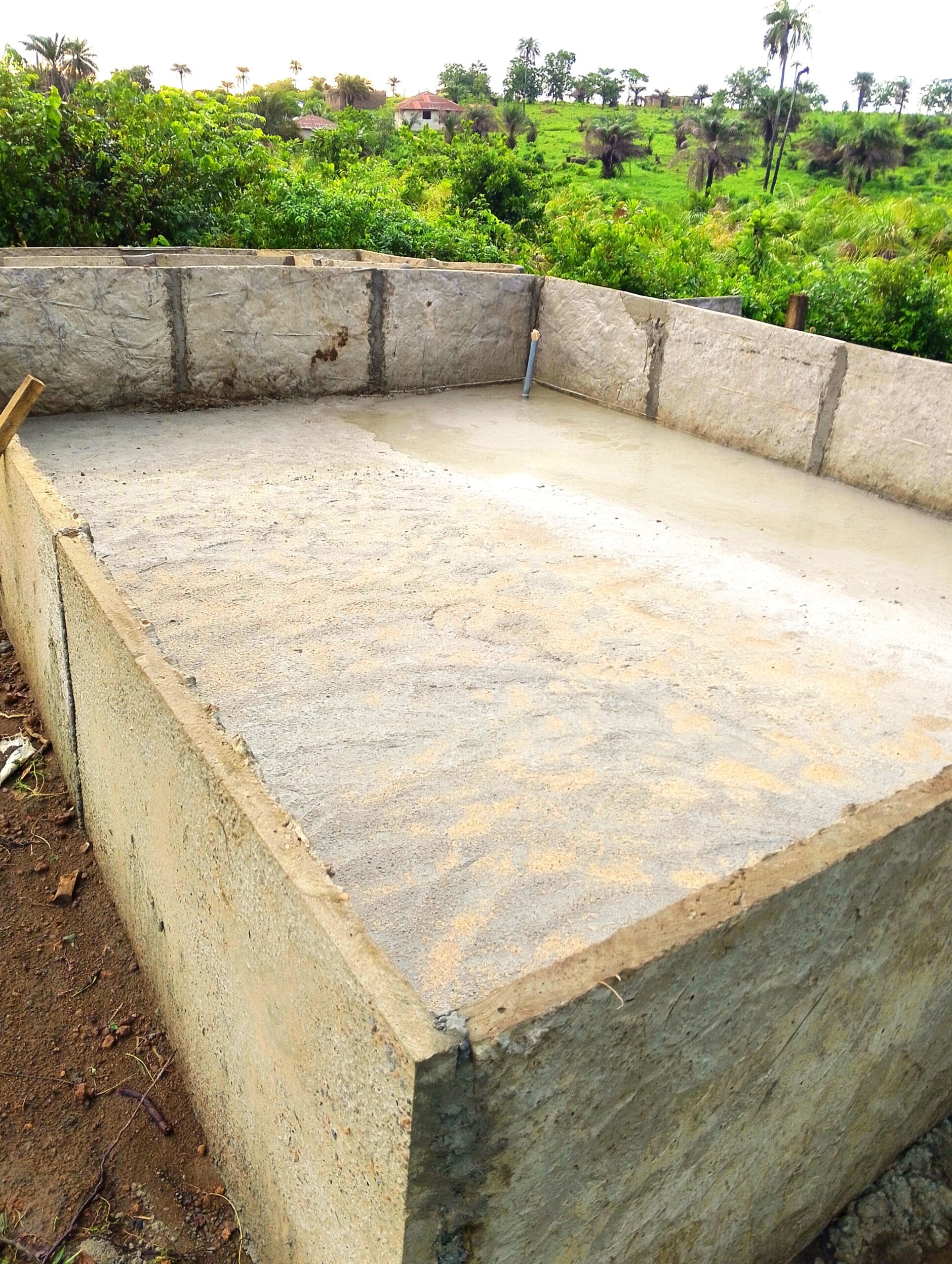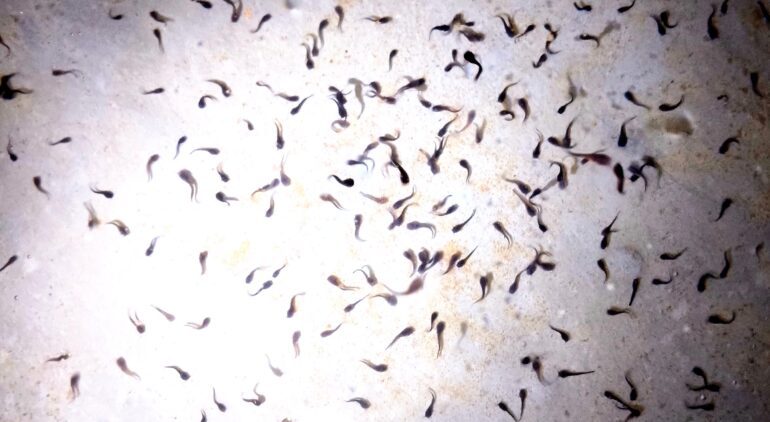$35,000 Donation Goal
The project aims to empower women and young smallholder farmers in Sierra Leone through innovative aquaponic and hydroponic farming techniques. By constructing an aquaponics fish farm with an integrated hydroponic vegetable garden, the project will provide sustainable income-generating opportunities and improve access to nutritional foods.
About this Project
This project empowers women and young smallholder farmers in Sierra Leone by introducing them to innovative and sustainable aquaponic and hydroponic farming techniques. It involves constructing a solar-powered aquaponics fish farm integrated with a hydroponic vegetable garden. This innovative system uses fish waste to nourish vegetable crops and, in turn, filters water for the fish, creating a closed-loop system that maximizes resource efficiency. The project will equip smallholder farmers with innovative aquaponic farming techniques and support the formation of cooperatives to bolster farm yields and ensure sustainable livelihoods. Ultimately, this initiative will improve household incomes while significantly contributing to environmental sustainability and long-term food security in Sierra Leone.
Expected Outcomes:
· Food Security: In a country where 81% of households struggle to meet basic food needs, this project offers a sustainable solution by providing fresh, nutritional foods to underserved communities.
· Economic Empowerment: The project creates income-generating opportunities for women and youth, helping them become self-reliant and reducing poverty in rural areas.
· Environmental Sustainability: Aquaponics and hydroponics use less land and water, reduce waste, and are resilient to climate change, making them ideal for Sierra Leone’s vulnerable agricultural sector.
· Gender Equality: By prioritizing women’s participation, the project addresses gender disparities, empowering women to take leadership roles in their communities.
· Scalability and Sustainability: The closed-loop farming system and cooperative model ensure long-term viability, making it a worthwhile investment for impactful, lasting change.
Project Background
Sierra Leone, a West African nation, faces significant challenges related to food security, economic development, and gender equality. According to an August 2022 Food Security Monitoring System analysis, 81% of Sierra Leonean households were unable to meet their basic food and nutrition needs. 15% were severely food insecure and needed emergency food assistance (WFP). Yvonne Forsén, WFP’s Country Representative, highlighted that Sierra Leone imports a large quantity of its food, and with the global food and fuel crisis compounded by the conflict in Ukraine, poor households have been affected. Smallholder farmers, especially women, are among the worst affected by the continued increases in food prices, leading to extreme levels of food insecurity. Although the agricultural sector employs approximately 65% of the country’s labour force, of which about 75% are predominantly women, the demand for food outweighs cultivation efforts. Agricultural yield is severely affected due to poor crop management, post-harvest losses, inappropriate storage, and market linkages. Severe weather events like flooding and rising temperatures disproportionately affect many Sierra Leonean fishing and farming communities.
In response to these challenges, there is a growing recognition of the potential of aquaponic farming as a sustainable solution. Aquaponics is an innovative, sustainable food production system that integrates aquaculture with hydroponic vegetable crops. It offers several advantages, including efficient use of resources, higher yields in smaller spaces, and minimal environmental impact. Aquaponics has a key role to play in food provision and tackling global challenges such as water scarcity, food security, urbanization, and reductions in energy use and food miles.
The proposed project seeks to leverage aquaponic farming to empower women in Sierra Leone. By providing training, resources, and support, the project aims to equip women with the skills and tools they need to engage in sustainable agriculture, improve household income, and contribute to food security in their communities. Additionally, by promoting gender equality and women's leadership, the project aims to address broader social and economic inequalities in Sierra Leone.
End-of-Year Update
This June, we proudly broke ground on our transformative project, bringing our vision of sustainable farming one step closer to reality. The land was cleared, and construction of the hatchery began—a symbol of hope and progress for the local community. While the hatchery is not yet complete, we are thrilled to share that it is already operational, housing our first batch of hatchlings (“fries”) as of December 1st! These tiny fish represent the beginning of a brighter future for the women and youth this project seeks to empower. We have also constructed one earthen pond and two concrete ponds to nurture the fish to maturity. Training and capacity-building sessions are well underway, equipping participants with essential fish breeding and care skills, and setting the stage for long-term success.
Goals for 2025!
As we look to 2025, our aspirations are even greater:
· Procure a Fish Feed Processing Machine: Lower costs and improve operations with locally produced, high-quality fish feed.
· Complete the Hatchery Facility: Finalize construction to enhance efficiency and capacity.
· Expand Pond Infrastructure: Build additional earthen and concrete ponds to accommodate a growing fish population.
· Integrate Aquaponic Systems: Use nitrate-rich water from maturing fish to grow fresh vegetables like lettuce, peppers, and tomatoes, creating a sustainable farming cycle.
Your support has been the lifeblood of this initiative, fueling the dreams of farmers and paving the way for food security and economic independence. Together, we are sowing seeds of hope that will yield lasting impact for generations to come. Thank you for making this journey possible!




